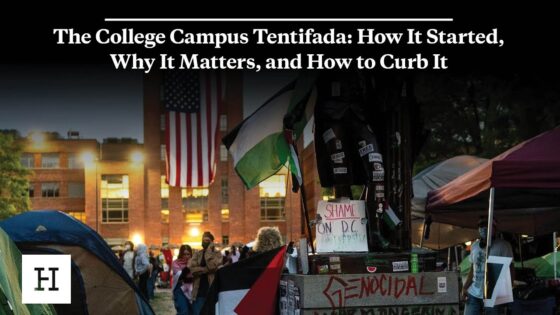A special journal giving an overview of recent advances in organic fluorophores was intended to be published by Molecules. The journal provides an advanced forum for the science of chemistry, and is published by Molecular Diversity Preservation International (MDPI). But, the Special Issue was canceled.
The special issue was titled, “Advances in Organic Fluorophores: Design, Synthesis, and Applications,” part of Organic Chemistry. The deadline for submissions was 15 January 2021. The guest editor was meant to be Prof. Mindy Levine from the Department of Chemical Sciences at Ariel University.
The webpage of the Department of Chemical Sciences at Ariel University introduces Levine as a brand new immigrant to Israel from the US and a chemistry enthusiast, who says, “I want to create chemical sensors that make environmental sense.” Levine came to Ariel University from the University of Rhode Island, Columbia, and MIT, where her first exposure to chemistry was at Columbia University. She decided she wanted to devote her life to scientific research and teaching. “It makes me sad to meet so many people who studied chemistry but remained uninspired. I love it!” She said. Levine, 36, focuses on fields such as supramolecular organic chemistry and chemical education and outreach. She has published more than fifty articles, given hundreds of research presentations, and received numerous prestigious research grants and awards.
Instead, the scientific journal succumbed to pressure by the group Academics for Palestine, which opened an Ariel University Non-Recognition Campaign, published on the website noarielties.org. The campaign includes 2018 Nobel Chemistry Laureate George P. Smith and Royal Society Fellow Malcolm H. Levitt. The group wrote the Molecules editors and urged the journal to change Prof. Levine’s affiliation to “Ariel University, illegal Israeli settlement of Ariel, Occupied Palestinian Territory.” Molecules urged the guest editor to change her affiliation, but she refused and as a result, Molecules withdrew the special issue and removed it from its website.
Prof. George P. Smith, the group advisory board member, welcomed the news: “All we asked in the original petition was for Professor Levine to correct the address of her university to comply with international law: Ariel is an Israeli Jewish settlement in Occupied Palestinian Territory, not a town in Israel. Sadly, she has refused, effectively choosing pro-occupation propaganda over her own academic freedom and the larger interest of the global science community in unfettered publication of scientific ideas and results. The editors of Molecules are to be commended for taking the only responsible course of action in the circumstances.” Prof. Malcolm H. Levitt, said: “It is a wise and excellent move by Molecules to request that the guest editor from Ariel University correct her affiliation to one recognized under international law, and to discontinue the Special Issue when she refused to do so. Hopefully many other academic journals will follow suit.”
The affair touches on a broader aspect of the Palestinian modus operandi and its supporters. Since 1948, the Palestinians and their allies have concentrated all their efforts on hurting Israel and degrading its standing in the international community. But the Jewish state has overcome wars, economic boycotts, and other hardships to become one of the most technologically advanced countries, the so-called “Silicon Valley of the Mediterranean.” It has some of the finest universities in the West and boasts of 12 Nobel Prizes, an amazing achievement for a relatively young and small country. Bowing to this reality, the UAE and Bahrain normalized their relations with Israel, with other Arab countries expected to follow soon.
The Palestinians, on the other hand, have been brutalized by the authoritarian rule of the Mahmoud Abbas in the West Bank and kept as virtual hostages of the terrorist Hamas group whose deluded dream of wiping Israel from the map of the world has not changed since its genocidal Charter promulgated in 1988. Needless to say, Hamas does not broker any opposition to its rule, and critics are dealt with harshly.
Professors Smith and Levitt, and the academics who support BDS are not helping the Palestinians. They could be more productive if they spoke out against the brutal treatment the Palestinians receive from their own authorities.
The BDS campaign made significant inroads in the social sciences, but it is a relatively rare occurrence in the natural science journals which try to stay away from politics. This is a regrettable incident, and the editors of Molecules should reinstate the special issue of the journal. By succumbing to the BDS crowd, the journal has deprived its readers of knowledge that could benefit the field.
https://www.mdpi.com/journal/molecules/special_issues/organic_fluorophores




